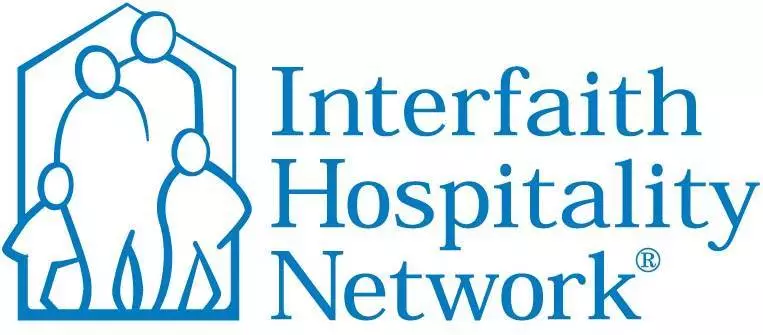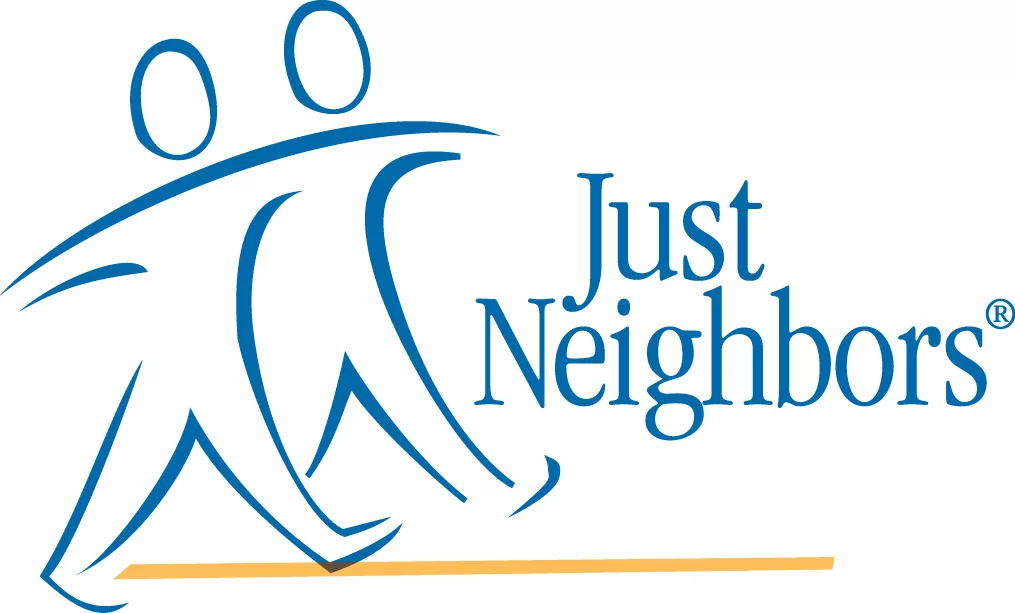 ™
™
Promoting the development and implementation of programs by religious and community organizations to provide shelter, meals and other assistance to homeless families
When Family Promise’s founder Karen Olson learned that homelessness was affecting families right in her own community in New Jersey, she knew she had to do something. But this was much more than giving sandwiches. She brought together people in need and people who wanted to help. Existing community resources could provide shelter, meals, and housing. Volunteers could use their skills, knowledge, and compassion to help their homeless neighbors find employment, reconnect with society, and restore their dignity.
She approached the religious community. Congregations offered hospitality space within their buildings. The YMCA provided showers and a family Day Center. A car dealer discounted a van. The first interfaith hospitality network opened on October 27, 1986.
As word spread, more New Jersey congregations formed a second network. Other congregations were inspired to develop similar programs. In 1988, we formed the National Interfaith Hospitality Network to bring the program nationwide. In addition to shelter, meals, housing, and job-seeking support, our Affiliates began developing programs for transitional housing, childcare, and homelessness prevention. Nationally, we added programs like Just Neighbors and Family Mentoring.
In 2003 we changed our name, from the National Interfaith Hospitality Network to Family Promise, to reflect our broad range of programs and our vision of ending family homelessness. The name refers to the promise, in the sense of commitment, which communities make to families in need. But it also refers to the promise, the potential, inherent in every family.
Just Neighbors
Just Neighbors is an interactive poverty awareness curriculum that uses videos, simulations, role play, group discussion and practical exercises to help participants understand what it means to live in poverty and learn how poverty inhibits the development of children. The program consists of nine one-hour long sessions that can be used as stand-alone lessons.

